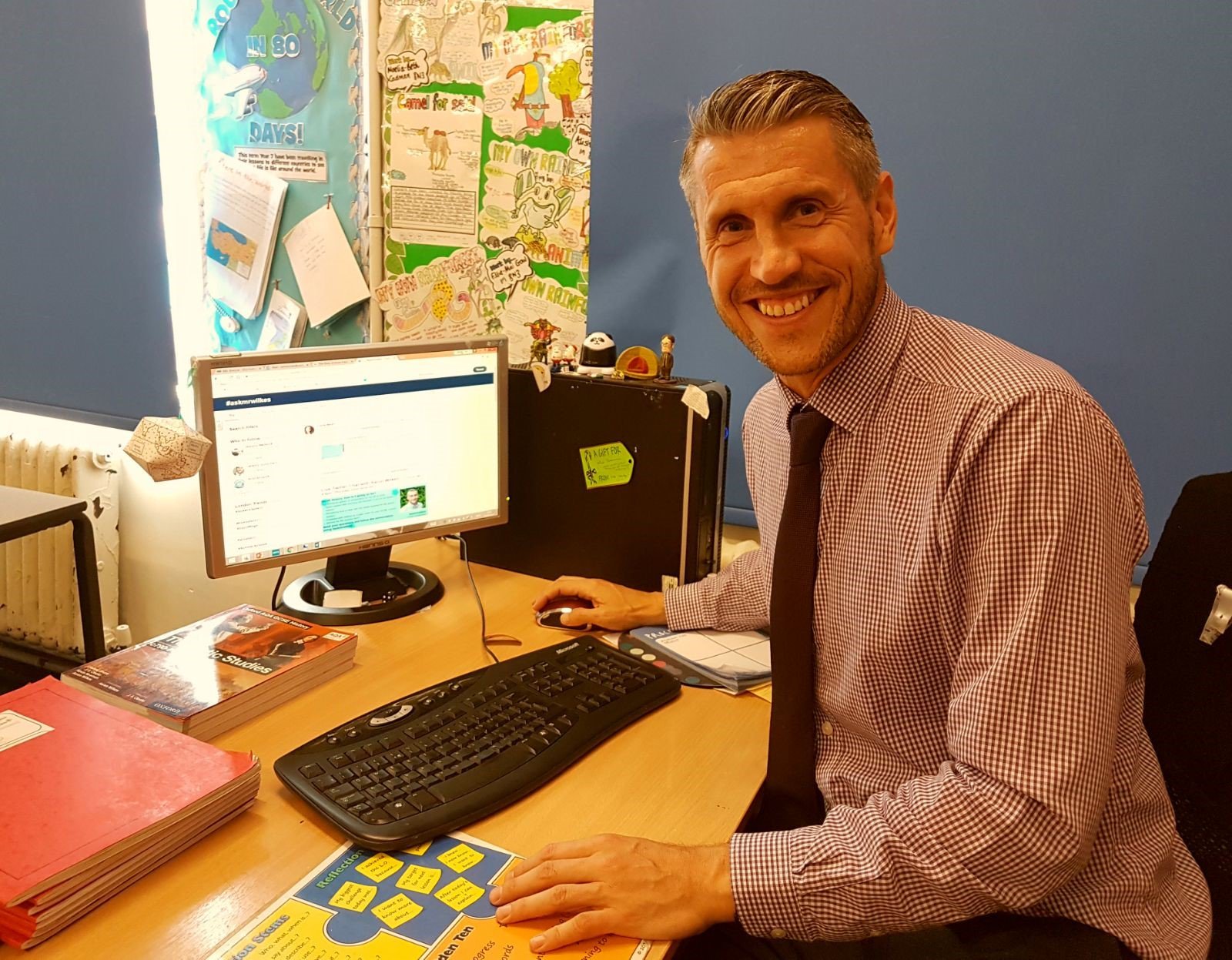The @OxfordEdHistory twitter recently hosted a live twitter Q&A takeover with history teacher and author Aaron Wilkes, answering teachers’ questions and discussing current concerns about teaching KS3 History! Don’t worry if you missed it – you can read all of the KS3 discussions here.
Q. I seem to be reading from OFSTED that they are keen for schools to follow a three year key stage three focusing on national curriculum. How do they do that?
A. The whole KS3 History 4th Edition series supports a knowledge-rich curriculum for all students, providing engaging and accessible content with a clear chronology from 1066-present day. There are three books – hitting the three years (but the content is adaptable for two). There are Curriculum and Assessment Planning Guides that map the course with sample schemes of works to help curriculum planning. Assessment is built in too. I’ve written a blog post about the new Ofsted framework and what this means for History departments – take a look. Hope that helps.
Q. What would you say is the most effective way to use your textbooks in the classroom would be? What tip would you give a non-specialist KS3 teacher to get the most out of them to support good subject specific teaching?
A. I think the books form part of a blended approach for teachers. They definitely offer new thinking and new approaches to older ‘tried and tested’ topics – and if you are a non-specialist, the books will guide you through a lesson. But there are lots that accompany the hard copies of the books – the kerboodle package has over 400 lively digital resources including interactive teaching versions of the student book with resources, films, animations and assessments linked straight to the page.
For non-specialists, the spreads themselves lead the teacher through the topic, in a straightforward way. They set up the lesson, take students on the journey, and then assess what they know and understand. In the Teacher Guides, there is also some background on topics too.
Q. My department will be reviewing our KS3 soon. Do you have any tips on how to manage the process?
A. With regard to reviewing your KS3, I would recommend you have a look at some guidance and tips we wrote for departments who are going through curriculum review.

Q. Where will I find these guides?
A. You can find out more about the Curriculum and Assessment Planning Guides on the webpage here along with the rest of the series – including 3 Student Books and @kerboodle digital resources.
Q. How does your new Key Stage 3 series prepare students for GCSE studies?
A. The new format of 3 books supports a flexible two- or three-year KS3, depending on what your school does. The books lay the foundation for GCSE, but in a subtle way, rather than scaring the students with full-on exam questions all the time! The skills they’ll need at GCSE (and a basic intro to some of the content) is covered, and the Teacher Guides contain ‘matching charts’ for all specs, showing the links from KS3 to KS4.

Here’s an example of how the Student Books introduce GCSE skills without the students even knowing it – the star in the purple question box indicates it is linked to GCSE. Students build up to full questions as they make progress.
Q. If you only had enough time to teach one topic to KS3, before the apocalypse, what would it be?
A. Great question, love it! But that’s sooooo difficult to answer. If the apocalypse was coming, it would HAVE to be something you love teaching – so for me, it would be a local history unit on WW2. I have lots of family ‘stuff’ I use when teaching this (and the students love it!

Aaron Wilkes is one of the leading history authors in school publishing as well as being a History teacher at St James Academy, Dudley. Aaron is the author of the new KS3 History 4th Edition series as well as part of our Oxford AQA GCSE History team.
